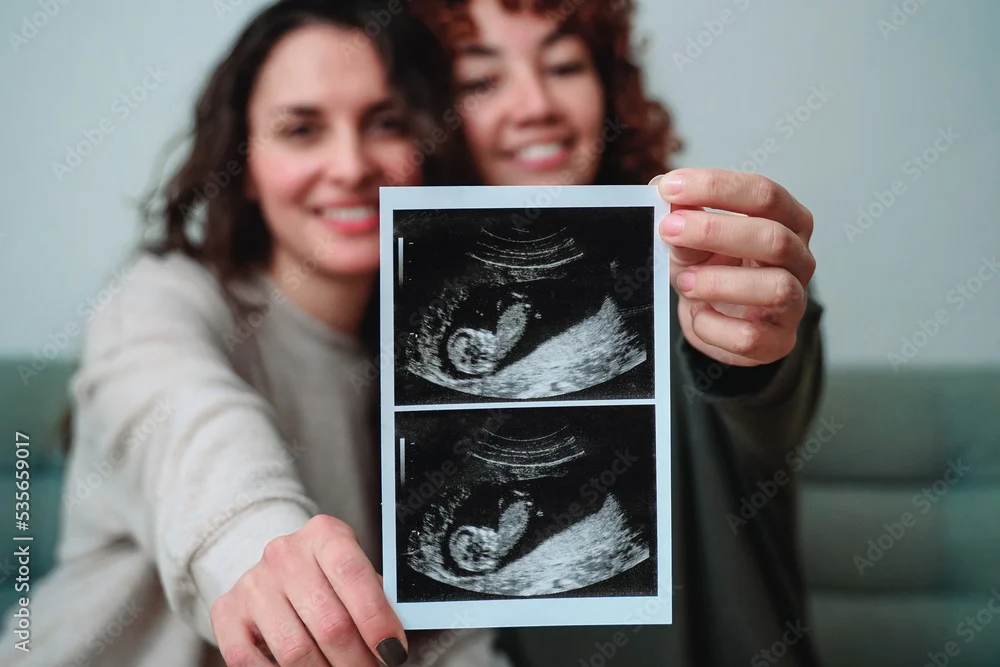Juicing has become the latest health craze, but is it really worth the hype? Once the domain of homebodies in leg warmers clutching wheat germ jars, juicing is now a mainstream phenomenon. People are buying juicers for their kitchens and shelling out over $11 for a single serving at juice bars. But when did this trend take over, and should it have?
The appeal of juicing is obvious: why munch on a whole apple when you can spend time peeling and coring multiple fruits, chopping a hunk of ginger, and squeezing a lemon, only to shove it all down a juicer that churns out a mere three-quarters of a cup of liquid? It seems absurd that we weren’t doing this sooner. Who even decided that whole fruits were meant to be eaten? It’s clearly more sensible to obliterate all the nutrients and toss aside 75% of the fruit, right?
Juicing is the ultimate fad, and it does seem to make more sense to use a $189 juicer rather than your teeth—after all, who wants to clutter their counter with old appliances like toasters and coffee makers? And once you’ve fed your fruits and greens into the juicer, you’re rewarded with a dazzling cup of fresh juice, albeit topped with a suspicious inch of strange fruit foam. Just be sure to guzzle it down quickly; otherwise, you’ll find yourself scrubbing pulp off your fancy gadget like it’s cement. Oh, and watch out for those blades—cleaning them can be a finger-slicing adventure.
But really, what are we doing? What started as a gentle detox idea has morphed into a billion-dollar industry, and it’s potentially damaging to the environment. Have you seen the waste generated by juicing? It’s staggering. If your juice provider doesn’t compost, all those discarded apple cores and banana peels end up in landfills, creating methane gas. In the words of nutrition expert Jamie Forsyth, “Juicing isn’t just a trend; it’s a wasteful practice that’s harmful to both our health and the planet.”
Forsyth also notes that juicing drastically reduces the number of people served by a basket of fruit. The fiber, vitamins, and beneficial fats that come from eating whole foods are lost in the process. Your body naturally breaks down the fruit you eat—surprise!—and it does just fine without your pricey juicer. As nutritionist Kelly Rivers puts it, “Your digestive system is like a juicer, just at a more leisurely pace. And that’s perfectly okay.”
Additionally, it’s nearly a law of nature that anyone on a juice cleanse will feel the need to talk about it incessantly. If a tree falls in the forest, does it make a sound? And if you don’t share your juice cleanse on social media, did it even happen?
So, the next time that friend who constantly posts workout videos starts raving about their juice cleanse, gently remind them that there’s a reason whole foods are beneficial for us. Nature set it up that way.
If you’re curious about home insemination topics, check out this informative post on intracervical insemination. For more on artificial insemination, Make a Mom provides excellent resources. And don’t miss this podcast on IVF and fertility preservation for further insights.
In summary, while juicing may seem like a healthful choice, it often leads to significant waste and overlooks the benefits of whole foods. Your body knows how to handle fruits and vegetables just fine, so next time, maybe reach for the whole apple instead of the juicer.
